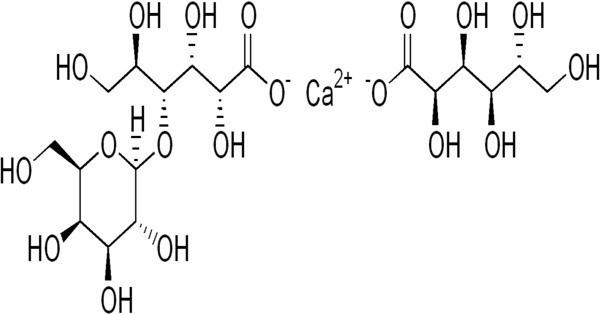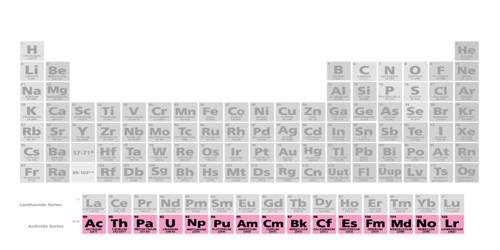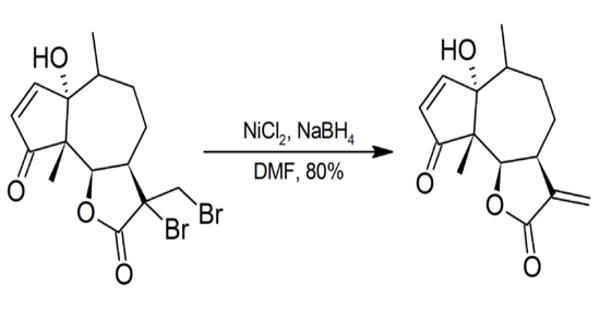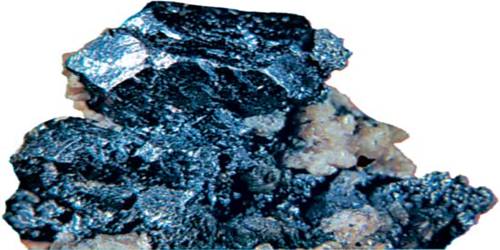Calcium glubionate (or glubionate calcium) is a mineral supplement that is used to treat hypocalcemia. It is a calcium supplement used to treat or prevent calcium deficiency in the body. It’s commonly prescribed when dietary calcium intake is insufficient or when there are conditions that require additional calcium. It used primarily as a mineral supplement to treat or prevent calcium deficiencies, particularly in infants and children. Here’s a breakdown of its properties and occurrences:
Chemical Properties
- Chemical Formula: C12H22CaO14
- Molar Mass: ~442.37 g/mol
- Appearance: White to off-white powder or crystalline solid
- Solubility: Soluble in water
- pH: Slightly acidic to neutral in aqueous solution
Key Facts
- Form: It’s usually available as a syrup or oral solution, making it particularly useful for children or individuals who have difficulty swallowing pills.
- Calcium content: Calcium glubionate contains about 6.5% elemental calcium, which is relatively low, so doses may be higher to meet daily needs.
- Absorption: It’s considered well-absorbed and generally well-tolerated.
- Side effects: Can include constipation, upset stomach, or, rarely, hypercalcemia if taken in excess.
Therapeutic Use
- Used as a calcium supplement in pediatrics and geriatrics.
- Often used to treat hypocalcemia (low calcium levels).
- Included in oral liquid formulations, often sweetened for pediatric administration.
Formulations: Syrups, solutions, and occasionally chewable tablets.
Natural Occurrence
Not naturally occurring in significant quantities. It is a synthetic compound, typically manufactured for pharmaceutical and nutraceutical use by reacting calcium salts with gluconic acid derivatives.
















